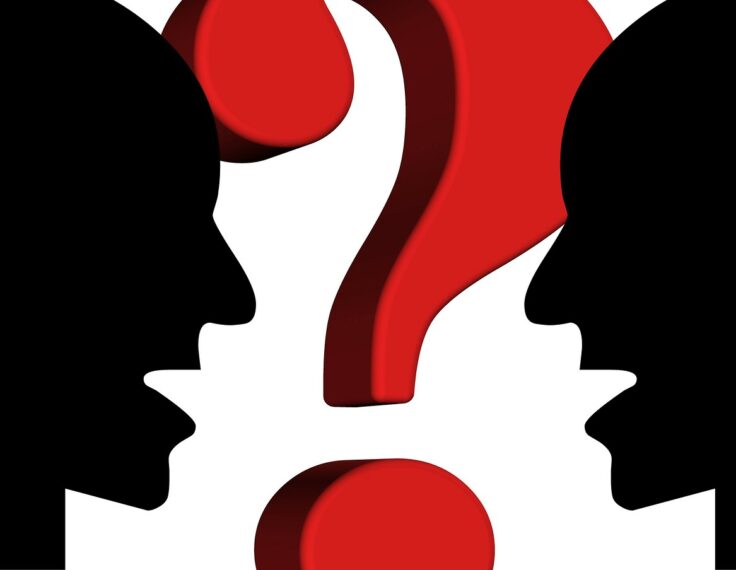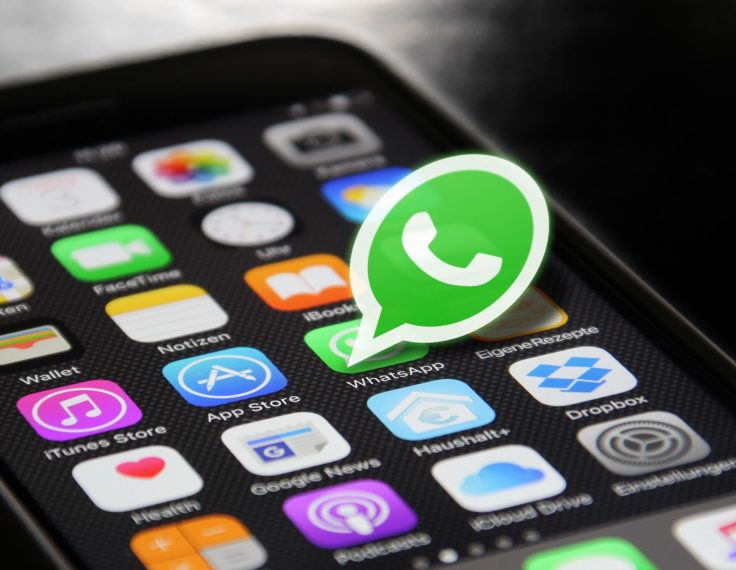Explore All Articles
All Articles
Article Topic

Debunking and exposing misinformation among fringe communities: Testing source exposure and debunking anti-Ukrainian misinformation among German fringe communities
Johannes Christiern Santos Okholm, Amir Ebrahimi Fard and Marijn ten Thij
Through an online field experiment, we test traditional and novel counter-misinformation strategies among fringe communities. Though generally effective, traditional strategies have not been tested in fringe communities, and do not address the online infrastructure of misinformation sources supporting such consumption. Instead, we propose to activate source criticism by exposing sources’ unreliability.

“Fact-checking” fact checkers: A data-driven approach
Sian Lee, Aiping Xiong, Haeseung Seo and Dongwon Lee
This study examined four fact checkers (Snopes, PolitiFact, Logically, and the Australian Associated Press FactCheck) using a data-driven approach. First, we scraped 22,349 fact-checking articles from Snopes and PolitiFact and compared their results and agreement on verdicts. Generally, the two fact checkers agreed with each other, with only one conflicting verdict among 749 matching claims after adjusting minor rating differences.

How effective are TikTok misinformation debunking videos?
Puneet Bhargava, Katie MacDonald, Christie Newton, Hause Lin and Gordon Pennycook
TikTok provides opportunity for citizen-led debunking where users correct other users’ misinformation. In the present study (N=1,169), participants either watched and rated the credibility of (1) a misinformation video, (2) a correction video, or (3) a misinformation video followed by a correction video (“debunking”).

Hide and seek: The connection between false beliefs and perceptions of government transparency
Mathieu Lavigne, Éric Bélanger, Richard Nadeau, Jean-François Daoust and Erick Lachapelle
This research examines how false beliefs shape perceptions of government transparency in times of crisis. Measuring transparency perceptions using both closed- and open-ended questions drawn from a Canadian panel survey, we show that individuals holding false beliefs about COVID-19 are more likely to have negative perceptions of government transparency.

COVID-19
Misinformation more likely to use non-specific authority references: Twitter analysis of two COVID-19 myths
Joseph McGlynn, Maxim Baryshevtsev and Zane A. Dayton
This research examines the content, timing, and spread of COVID-19 misinformation and subsequent debunking efforts for two COVID-19 myths. COVID-19 misinformation tweets included more non-specific authority references (e.g., “Taiwanese experts”, “a doctor friend”), while debunking tweets included more specific and verifiable authority references (e.g.,

Can WhatsApp benefit from debunked fact-checked stories to reduce misinformation?
Julio C. S. Reis, Philipe Melo, Kiran Garimella and Fabrício Benevenuto
WhatsApp was alleged to have been widely used to spread misinformation and propaganda during the 2018 elections in Brazil and the 2019 elections in India. Due to the private encrypted nature of the messages on WhatsApp, it is hard to track the dissemination of misinformation at scale.
